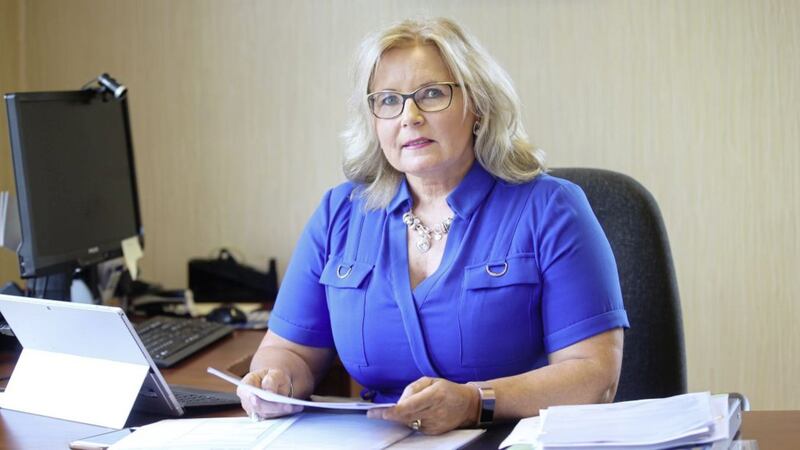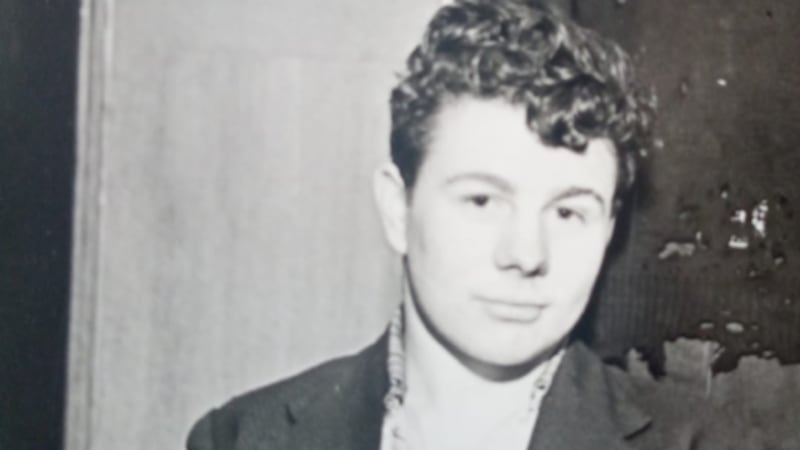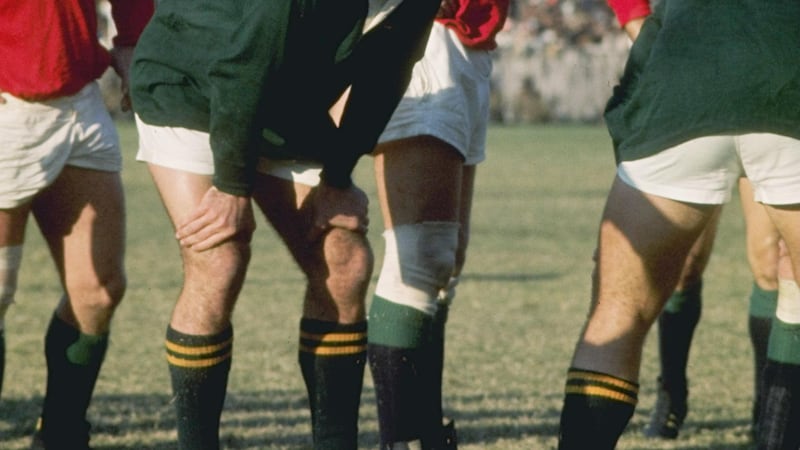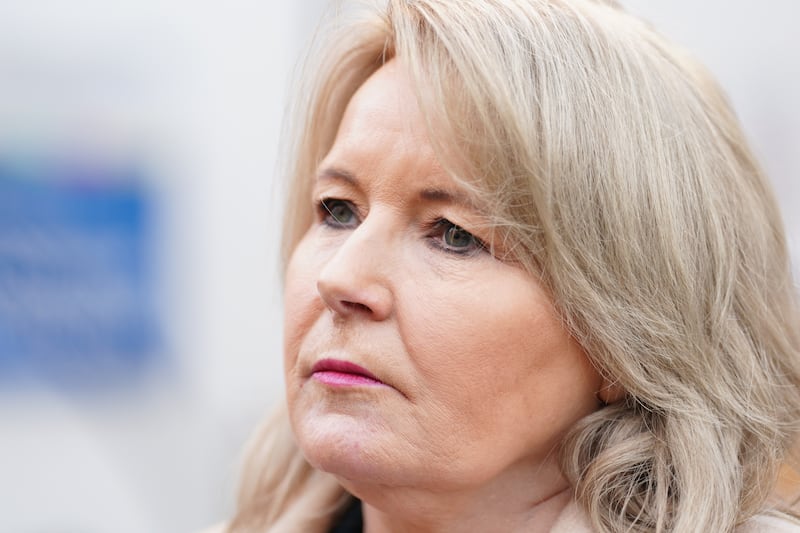THE head of Northern Ireland's biggest nursing union has said that any proposed strike action by its members will not take place until the New Year.
Pat Cullen, director of the Royal College of Nursing (RCN), also said yesterday that the union was working closely with its counterparts in the Republic - who took to the picket lines in February - about "scenario" planning around how services will be impacted.
Phased industrial action, short of strike, could take place from the first week of December, while strike action is being mooted for the first week in January.
However, the nursing chief stressed that any proposals were contingent on approval by the RCN UK Council, which will meet early next week.
The development follows Thursday's announcement that 92 per cent of RCN members balloted had voted to strike for the first in the union's 103-year history.
The dispute centres on unsafe staffing and pay.
Department of Health civil servants yesterday met the RCN as well as other union representatives as part of ongoing pay negotiations over a disparity between healthcare wages in the north compared with the rest of the NHS.
In a statement, a department spokeswoman said it remained "fully committed to ongoing dialogue" and "hopes to move toward to tabling a formal pay offer very shortly".
She added there would be "further engagement in the days ahead".
But Ms Cullen said the talks had not resulted in any progress.
"It seems to me that the Department of Health has still not grasped the level of anger amongst our members and the severity of the health and social care crisis in Northern Ireland," she said.
It is expected that in the event of a strike, thousands of the north's nurses will take to the picket lines. Unison is also balloting its members.
Children's and maternity services are not expected to be affected but, like the Republic, many planned operations and procedures may be postponed.
It is understand that A&E departments could also also have "labour withdrawn".
Patients with severe learning disabilities, including those at Muckamore Abbey Hospital, are not likely to have care withdrawn.
Ms Cullen said that it was "never too late to get into a room to talk and resolve these issues".
"We are always optimistic but not hopeful...the pay talks have been going on for some time but there hasn't been any discussions on how we are not adhering to safe staffing, with 3,000 unfilled nursing jobs," she said.
When asked about the impact of cancelled operation, including cancer patients, Ms Cullen added they had "no desire" to create "additional burdens or pressure".
"But patients are already receiving sub-optimal services and having surgery cancelled, even urgent surgery while waiting lists grow. If no-one is willing to take heed, we will be left with no option," she said.








